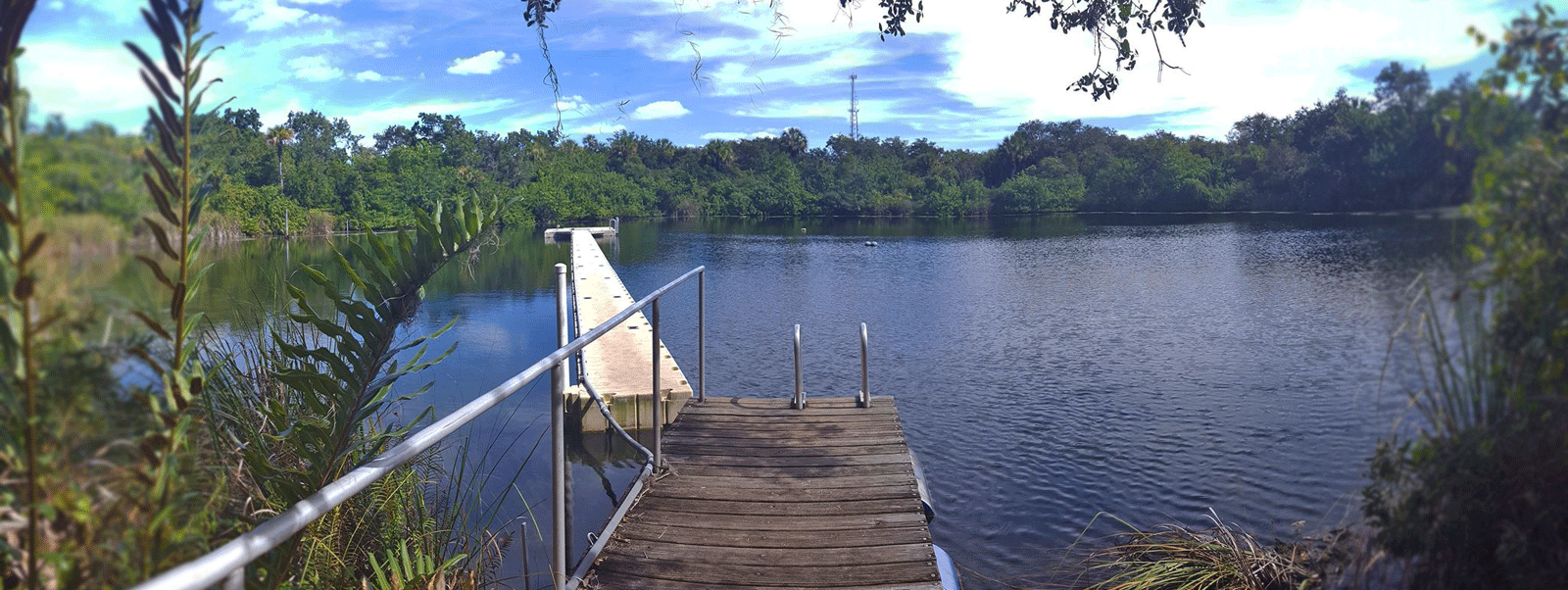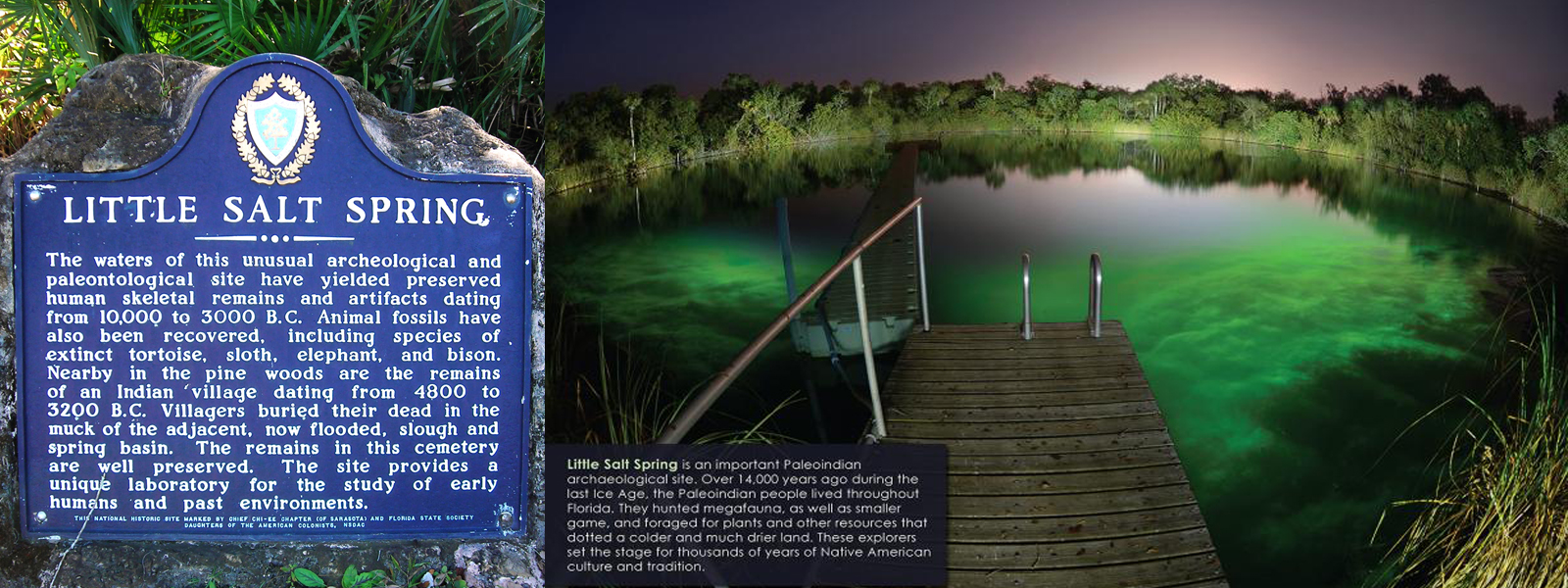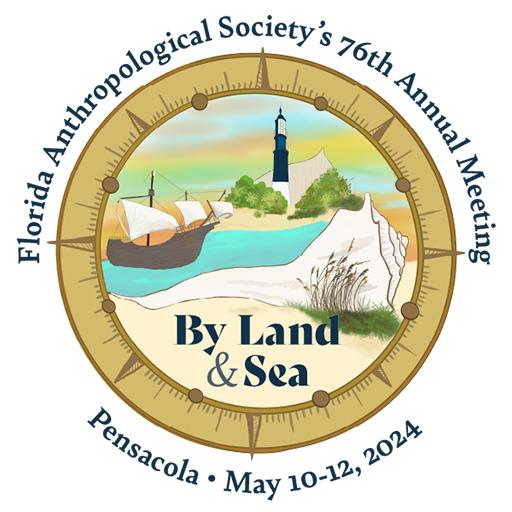We are a Chapter of the Florida Anthropological Society
Located in North Port, Florida, we promote education of Florida archaeology through scholarly speakers, field trips, newsletters, and public events.
ABOUT WMSLSSAS
We are a group of local citizens interested in the cultural heritage and history of our state, country, and world. Our focus is on education and historic preservation and we support professional research. We provide public presentations on archaeology, history, paleontology, and related subjects.
OUR MEETINGS
 We meet the second Tuesday of the month (except June-August) at 7:00pm, currently via ZOOM. All meetings are open to the public.
We meet the second Tuesday of the month (except June-August) at 7:00pm, currently via ZOOM. All meetings are open to the public.
FIELD TRIPS & EVENTS
 We often take trips to regional historic or archaeological sites, as well as Florida museums, to learn and have fun. These trips may include bus rides or carpooling, sometimes walking and hiking, and usually a lunch or other snacks. Costs will vary, and most trips are open to the public.
We often take trips to regional historic or archaeological sites, as well as Florida museums, to learn and have fun. These trips may include bus rides or carpooling, sometimes walking and hiking, and usually a lunch or other snacks. Costs will vary, and most trips are open to the public.
VOLUNTEER OPPORTUNITIES

We inform members when volunteer opportunities are available on professionally supervised excavations and encourage participation. We work with city and county governments on local preservation projects. Volunteer experience level can vary. It's a great way to learn archaeological techniques.
JOIN US FOR A MEETING
TIME: 7 pm – 8 pm Eastern Time
IN PERSON LOCATION: North Port Community United Church of Christ, 3450 South Biscayne Boulevard
ABOUT OUR ZOOM MEETINGS IF NEEDED
Our president, Kathy Gerace, will open and host the meetings, accept invitations, have a few brief announcements, introduce the speaker, and turn the screen over to our speaker where they will direct their PowerPoint presentation. We can join with video and speakers for five minutes prior to the meeting and then you will be asked to please turn off both video and microphone. After the meeting there will be a question and answer period. You can add you questions by clicking the “chat” icon and typing. The speaker can then address your questions after the meeting.
If you cannot join us in person, Join Zoom Meeting:
https://us02web.zoom.us/j/89602229117?pwd=SUVRZWU4MjB6ZlJMa0NVN1BDQm1GQT09
Meeting ID: 896 0222 9117 Passcode: 118234
Tuesday, April 9, 2024: Dr. Jeffrey M. Mitchem
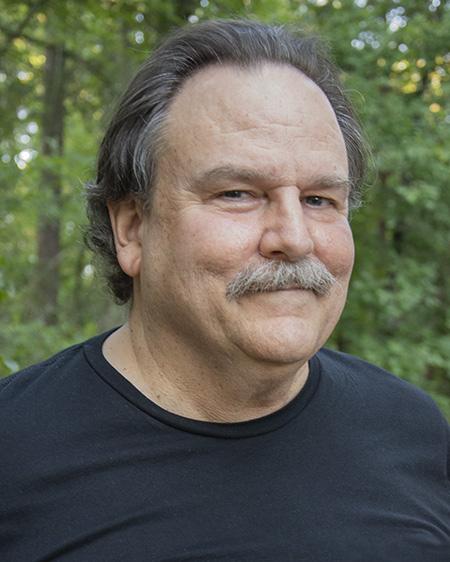
After graduating high school in Lakeland, Florida, Dr. Mitchem intended to go into veterinary medicine, but instead earned a Bachelor of Arts with honors in Anthropology at the University of Florida. He then attended the University of South Florida (Tampa) for a M.A. in Public Archaeology with a thesis on research in Idaho. He returned to UF for a Ph.D. with a dissertation revising Gordon Willey’s definition of the Safety Harbor Culture along the west coast of Florida. Half of his dissertation was a report on the Tatham Mound. Upon graduation in 1989, he taught for one year at LSU in Baton Rouge, and in 1990, accepted a job with the Arkansas Archeological Survey to create and supervise an ongoing program of research and interpretation at the Parkin Site in Parkin Archeological State Park. The 17-acre Parkin Site is the location of the village of Casqui described in all four of the Hernando de Soto narratives, where a cross was raised on the mound in 1541. He retired in 2021 and moved to Tallahassee, Florida.
Tuesday, March 12, 2024: Dr. Jessica A. Jenkins
WHAT CAN SHELL TELL? OYSTERS AND ARCHAEOLOGY
 Thousands of oyster middens and mounds filled with billions of oyster shells line the Atlantic and Gulf coasts of North America. In the past, archaeologists did not pay much attention to these shells except to note their presence, oftentimes not even collecting them in the field. Recently, archaeologists have begun to use archaeological oyster shells to address important questions about past lifeways and human-environmental interactions.
Thousands of oyster middens and mounds filled with billions of oyster shells line the Atlantic and Gulf coasts of North America. In the past, archaeologists did not pay much attention to these shells except to note their presence, oftentimes not even collecting them in the field. Recently, archaeologists have begun to use archaeological oyster shells to address important questions about past lifeways and human-environmental interactions.
This talk describes her research in Florida and Virginia that centers on questions related to past oyster harvesting, processing, and deposition practices. Major themes include the investigation of past common pool resource management practices, the role of shellfish harvesting in the development of complex socio-ecological systems, and how past practices can inform modern policy and sustainability efforts on the Gulf Coast and in the Chesapeake Bay and its tributaries.
Dr. Jenkins is an assistant professor at Flagler College in St. Augustine. She earned her BA in Anthropology from the College of William and Mary in Williamsburg, Virginia. Her Master’s thesis at the University of Florida in 2016 was on the ‘Archaeological Evidence of Oyster Mariculture in the Lower Suwannee Region of Gulf Coastal Florida.’ She also earned her doctorate at UF. Dr. Jenkins is the lead author or a co-author on many publications for such publications as "The Florida Anthropologist", "The Journal of Island and Coastal Archaeology", and "Archaeological Science".
Tuesday, February 13, 2024: Dr. J. Marla Toyne
HIDDEN IN PLAIN SIGHT: CHACHAPOYA MORTUARY ARCHAEOLOGY ON CLIFFS IN HIGHLAND PERU
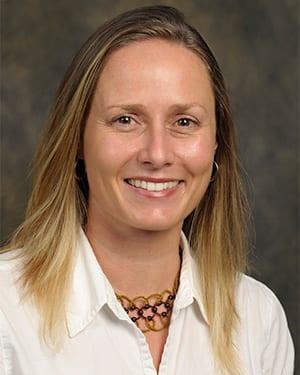 Traditional archaeological practice involves mapping and excavating ancient settlements and cemeteries, but bioarchaeological research of the cliff tombs in the Chachapoyas region of northeastern Peru is stymied by natural and technological challenges. Exploring these cemeteries requires the innovation of “vertical archaeology” using rappelling and rope technology, and also the incorporation of 3-D photogrammetry and aerial drone photography.
Traditional archaeological practice involves mapping and excavating ancient settlements and cemeteries, but bioarchaeological research of the cliff tombs in the Chachapoyas region of northeastern Peru is stymied by natural and technological challenges. Exploring these cemeteries requires the innovation of “vertical archaeology” using rappelling and rope technology, and also the incorporation of 3-D photogrammetry and aerial drone photography.
This presentation discusses how and why the ancient Chachapoya people created and placed their ancestors in these spectacular landscapes between A.D. 900 and 1535, including exciting discoveries from recent field seasons at the vertical necropolis of Diablo Wasi. Yet, while these sites suffer from the ravages of both looting and natural destruction, it becomes vital to use archaeological knowledge in meaningful and accessible ways for both local and scientific communities to advance conservation.
Dr. Toyne is a biological anthropologist who specializes in bioarchaeology, human skeletal biology, paleopathology, and stable isotope science. Her primary area of investigation is Andean South America, where she engages in contextually-based research focusing on the analysis of ancient skeletal and mummified remains, in order to explore broader anthropological interests including: the biocultural identification of violence and warfare, ritual activities, ethnic identity, mortuary complexity in ancient civilizations, and Andean prehistoric and Contact period social interactions.
Tuesday, January 9, 2024: Dr. Maranda Kles
FORENSIC ARCHAEOLOGY: RECONSTRUCTING THE PRE-CONTACT ARCHAEOLOGICAL LANDSCAPES OF NORTH PORT
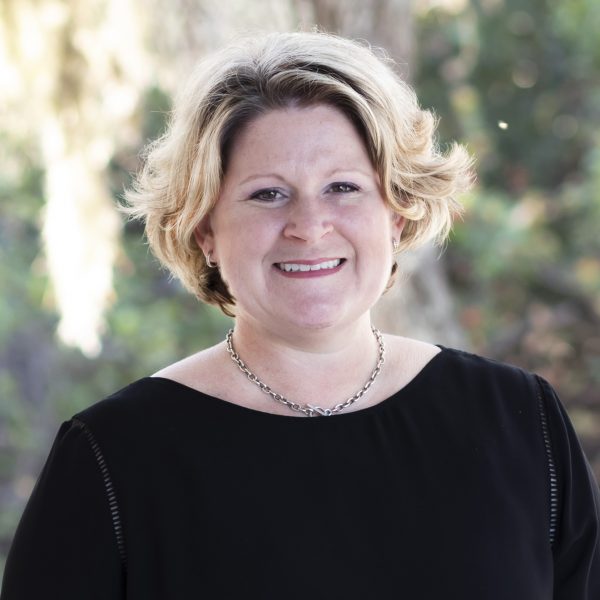
This society is named for two famous archaeological sites in North Port- Warm Mineral Springs (8So19) and Little Salt Spring (8So18). However, did you know that there is a third spring site with similar archaeological findings? This is the Nona Site (8So85D). This site was first recorded in the 1960s in a spring in southeast North Port. The archaeological site extended up the slough way, much like Little Salt Spring, and several dirt midden sites were found nearby which were likely associated with the spring burials. While some of the spring site has been protected, much of the slough and nearby dirt middens have been heavily damaged by development. Over the last few years, Archaeological Consultants, Inc. (ACI) has been conducting surveys in the area, working to reconstruct the original location of the sites and how they have been affected by development, as well as trying to better understand the people who used these sites thousands of years ago.
Maranda Kles is a Registered Professional Archaeologist with over 12 years of experience in prehistoric archaeology and physical anthropology specializing in Southeastern archaeology and bioarchaeology. She earned her Ph.D. from the University of Florida and her thesis examined the biological and cultural associations of skeletal samples from throughout Florida. Dr. Kles has continued to expand on this research and has developed research interests in forensic anthropology and Southeastern archaeology. Learn more about her and Archaeological Consultants at https://aci-crm.com/
STUDENT GRANT OPPORTUNITY
FAS $250 STUDENT TRAVEL GRANT AVAILABLE TO A FIRST TIME STUDENT PRESENTER AT 2024 CONFERENCE
The WMS/LSSAS is providing one $250 travel grant this year for a student enrolled at a college or university who is presenting a paper or poster for the first time at the 2024 FAS Annual Conference in Pensacola, May 10-12, 2024. To apply, please send proof of enrollment (copy of student ID), abstract, and conference registration to mlcalhoun35@gmail.com by April 15. We encourage you to apply!
Warm Mineral Springs
Little Salt Spring
Archaeological Society
P. O. Box 7797,
North Port, FL 34290
OUR BOARD
PRESIDENT………Kathy Gerace
VICE PRESIDENT…Steve Koski
SECRETARY….......Lisa Shavers
TREASURER.......Marion Pierce
DIRECTORS
Rita Bass
Linda Elligott
Bill Goetz
Linda Massey
Betty Nugent
Thalia St Lewis
Joan San Lwin
George Haag (honorary)
Carol Myers (honorary)
By Land & Sea
THE 76th ANNUAL FAS CONFERENCE
May 10-12, 2024
Pensacola, Florida
JOIN FAS
Join the Florida Anthropological Society and you will be able to read the quarterly produced peer review journal, The Florida Anthropologist. CLICK HERE TO JOIN TODAY




